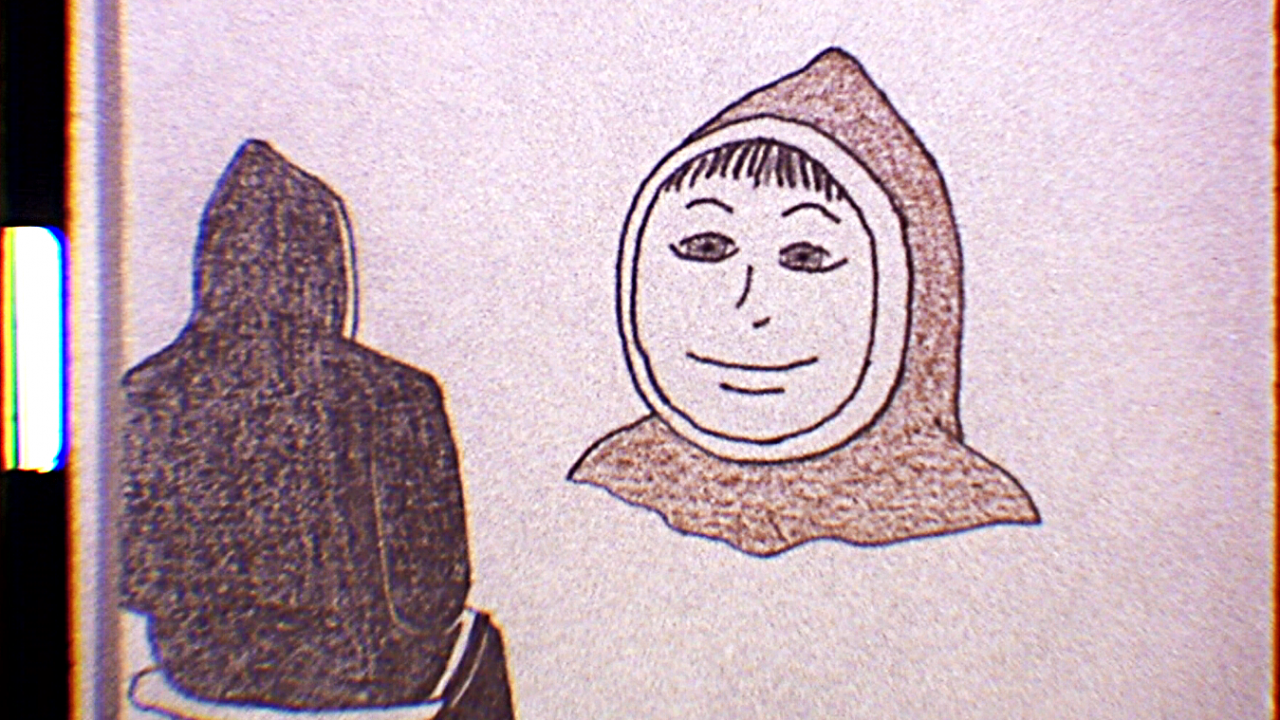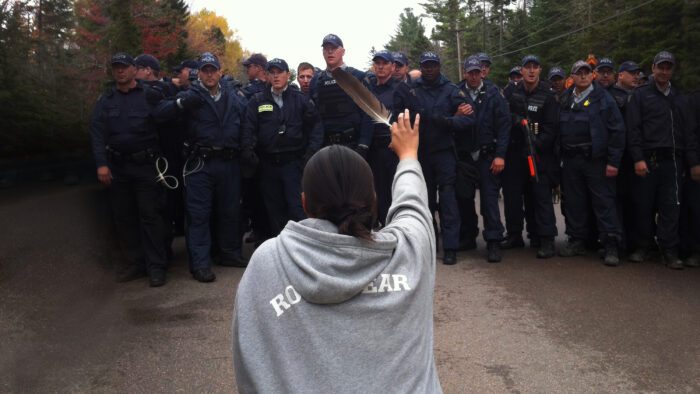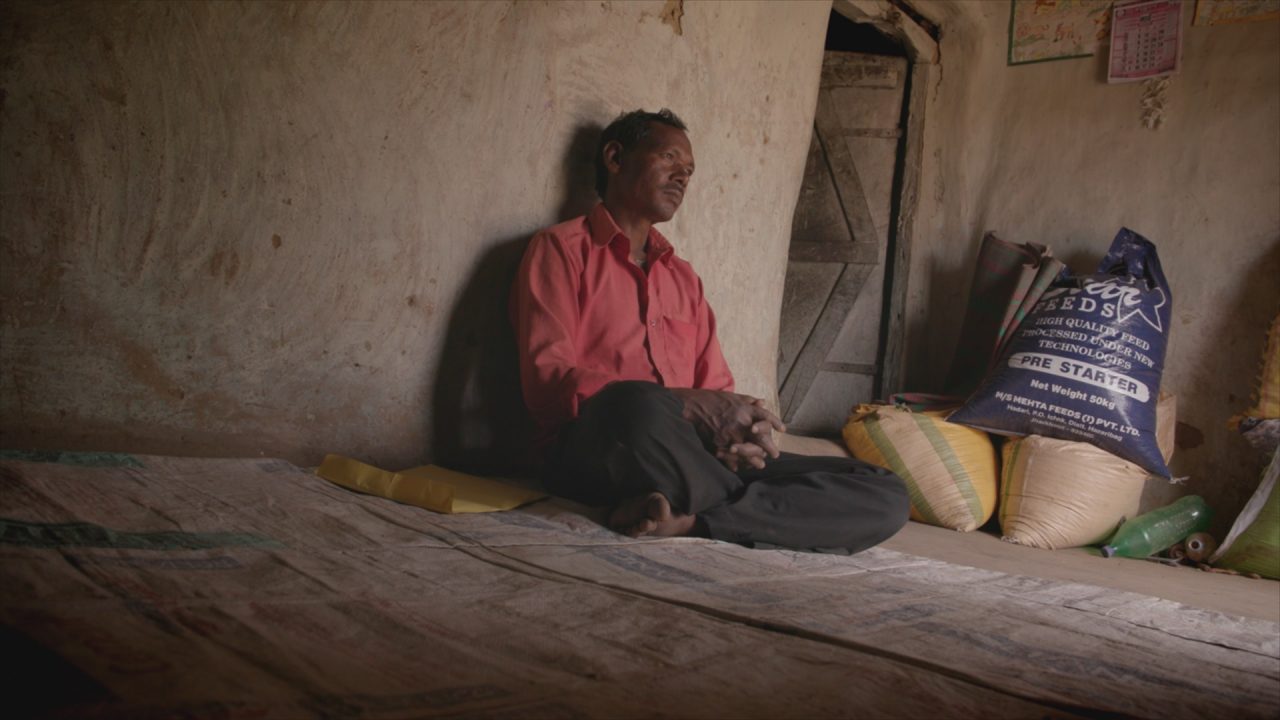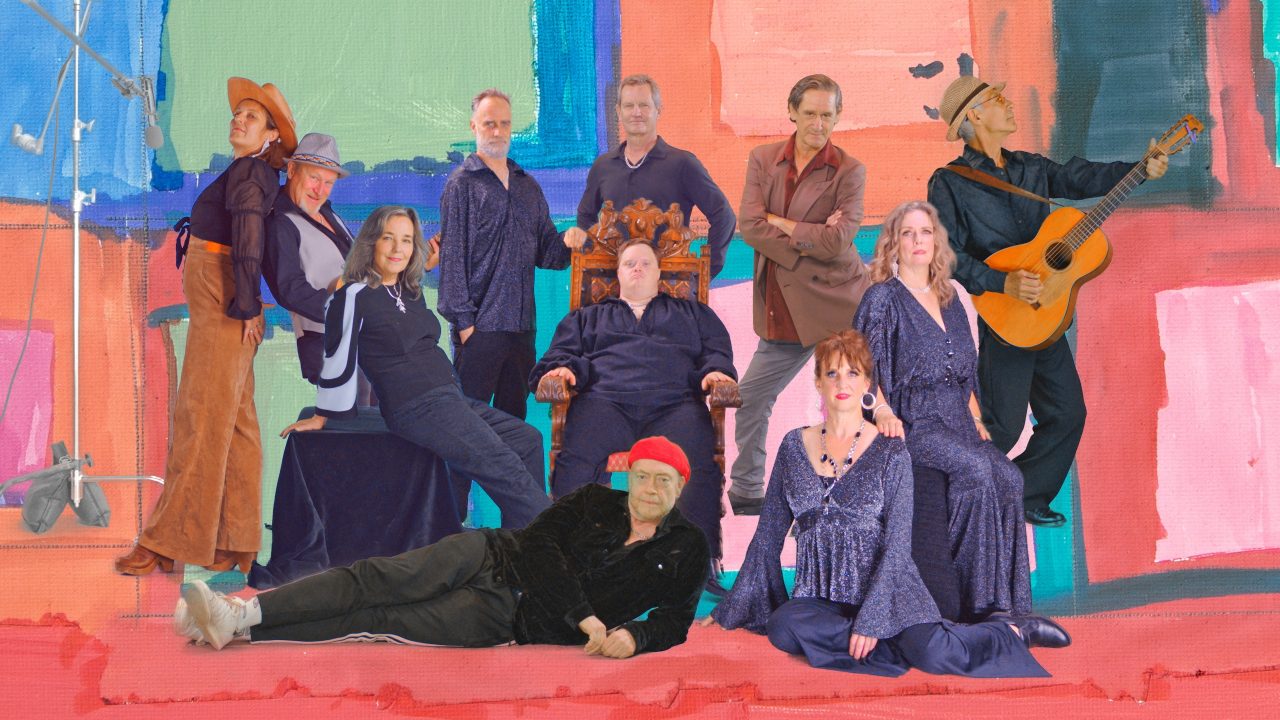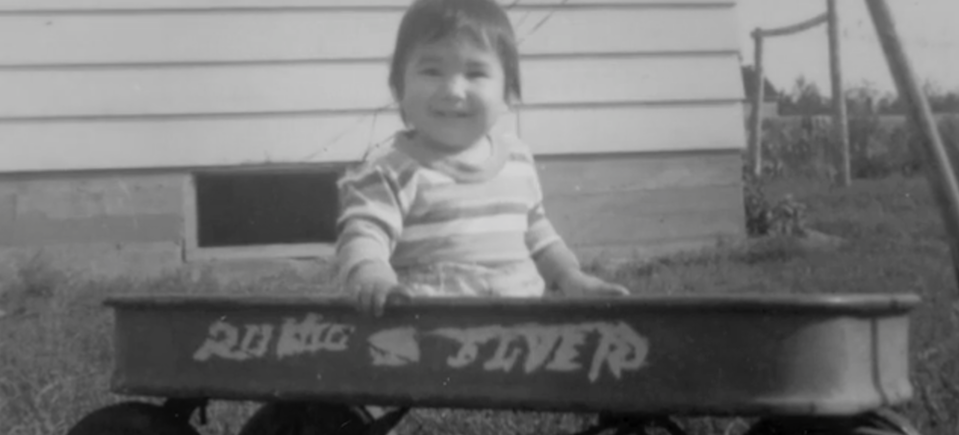
Sixties Scoop: The Restorative Power of Documentary
Sixties Scoop: The Restorative Power of Documentary
Survivors of the Sixties Scoop scored an important legal and moral victory on February 14 when the Ontario Superior Court ruled in favour of a class action mounted by 16,000 Ontario plaintiffs.
They’re among over 20,000 Indigenous people across Canada who were taken as babies from their birth mothers during the ‘60s and ‘70s, removed by provincial childcare authorities acting in concert with federal officials. The “scoop” would leave most of them culturally stranded — cut off from their ancestral languages and communities.
“Great harm was done,” says Justice Edward Belobaba in his written decision. “The “scooped” children lost contact with their families. They lost their aboriginal language, culture and identity …The uncontroverted evidence of the plaintiff’s experts is that the loss of their aboriginal identity left the children fundamentally disoriented, with a reduced ability to lead healthy and fulfilling lives.”
The lead plaintiff in the case was Marcia Brown Martel, who was taken from her Ojibwa mother at the age of four. She eventually found her way back to the Beaverhouse First Nation, where she later became chief, and her response to the February 14 ruling strikes a generous note of reconciliation:
“After so many years, I feel like a great weight has been lifted from my heart. Our voices were finally heard and listened to. Our pain was acknowledged. I hope no one sees this as a loss for our government. It is a gain for all of us — a step forward and a step closer to reconciliation. There is still work to be done, but my hope is that we can now undertake that work with open hearts and open minds.”
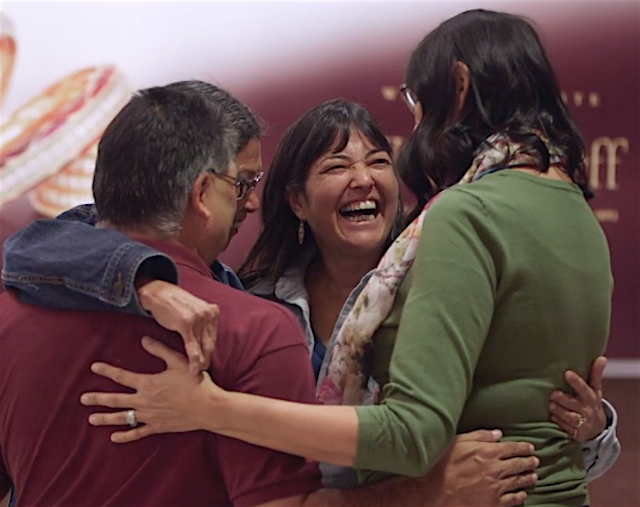
Part of that restorative work is being done by artists, and some of it is happening here at the NFB, where the current production slate features over a dozen projects by First Nations, Metis and Inuit directors and storytellers. Many tackle the colonial nature of Canada’s historic relationship to its Indigenous Peoples — and among titles scheduled for imminent release is Birth of a Family, a feature doc from the North West Studio that addresses the Sixties Scoop legacy with surprising emotional power.
A collaboration between Saskatoon journalist Betty Ann Adam and director Tasha Hubbard, both Scoop survivors, it chronicles an extraordinary gathering in Banff, where Betty Ann and her three siblings come together for the first time as a family unit.
Birth of a Family is directed by Tasha Hubbard, co-written by Betty Ann Adam and Tasha Hubbard, and produced by the North West Studio (Bonnie Thompson, producer; David Christensen, executive producer). Still photography: from Birth of a Family.
Birth of a Family will be getting its world premiere this spring. Read more about the project and its genesis here.
-
Pingback: Walmart Canada Pulls Baby Onesie Seen As Tone-Deaf To Indigenous History | Updates By James
